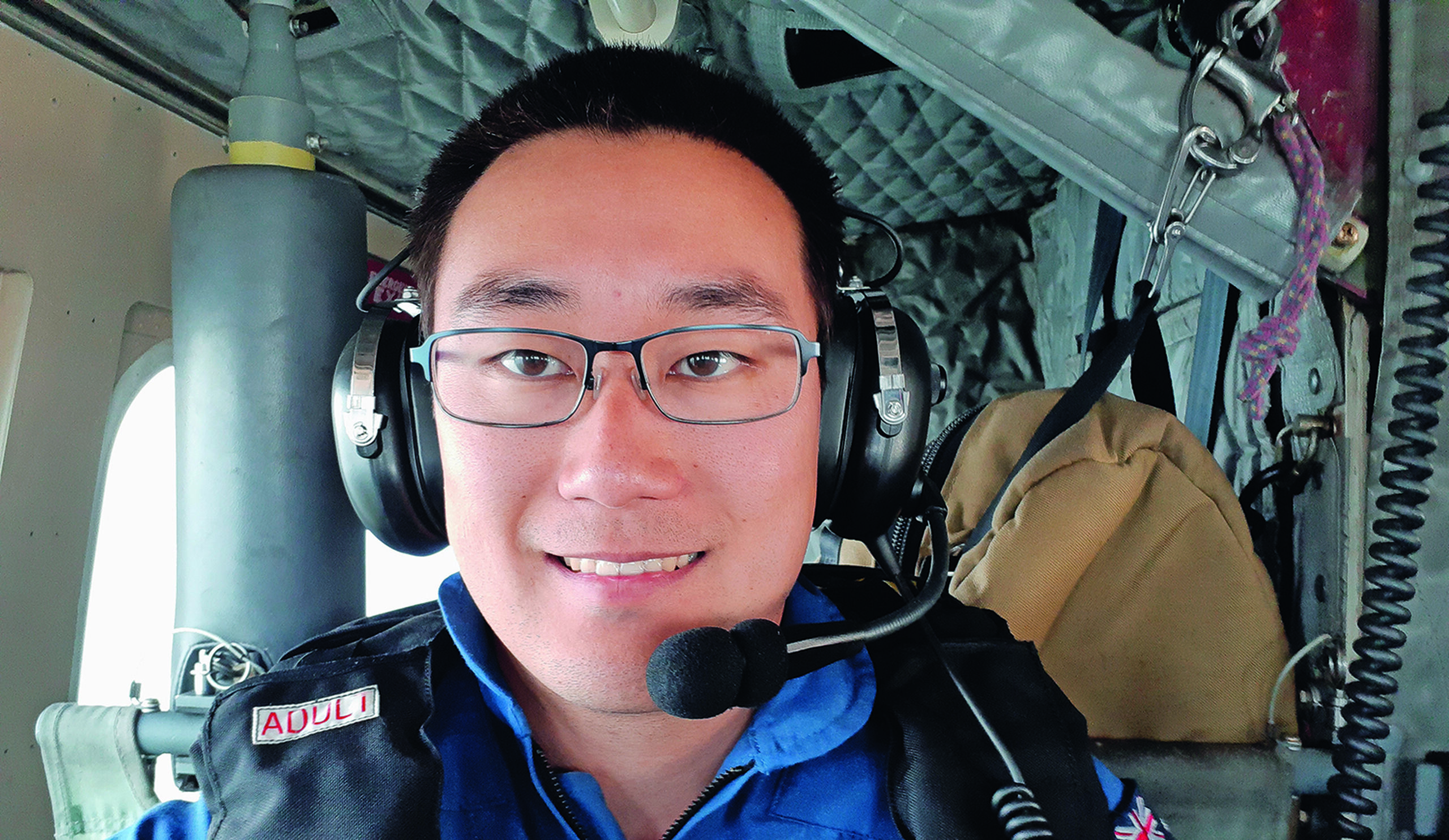6 November 2020
His professional career as an aerospace engineer commenced in 2015, when he accepted a graduate aerospace engineering role at BAE systems, Australiaтs largest defence contractor.
Liamтs first project involved working with satellite ground stations, three of which were in Western Australia. More recently he has been working on an anti-ship missile simulator pod which will fly off of a Learjet. The pod is also used as a training aid as well as a tool to verify that radars are picking up threats. тAs the aerospace engineer for the project, I was responsible for the aerodynamics of the pod and the aero structures and working with the Civil Aviation safety Authority (CASA) to get it cleared to be used on a Learjet. I was also involved with flying in the Learjet which was good fun as well. It certainly gets the heart racing.т
Liamтs passion for engineering can be traced back to his time at ЯуИлСљКЯВЪзЪСЯТлЬГ Middle School, where design and tech was one of his favourite subjects.
Liam is about to take on a new project that will take him to the UK to work on the Hunter class frigate program. Based in Osborne, BAE Systems are currently designing and building nine anti-submarine frigates - a project that will last for the next 30 years.
Liamтs passion for engineering can be traced back to his time at ЯуИлСљКЯВЪзЪСЯТлЬГ Middle School, where design and tech was one of his favourite subjects. This kickstarted his interest in designing and building coupled with developing problem-solving skills. Although he did not love maths, he was happy and comfortable doing it and during his senior schooling, he especially enjoyed physics and chemistry, subjects which he excelled in.
He sees engineering as a great career pathway for many students as is it is very open ended and broad. There are engineers working in almost every area of the industry, and the great thing about it is you can take your career anywhere you like. тThe benefits of the profession are realised as you start working on diverse projects. They allow you to start working out what you really enjoy. My advice is to just take opportunities as they come.т
His fondest memories of ЯуИлСљКЯВЪзЪСЯТлЬГ include his two ski trips and the school camps, тI think they were great fun, especially learning outside of the classroom, I think that was very important.т He also played a lot of sport, mainly soccer, and very much enjoyed the Interschol competition and the comradery this created.
When asked the question of how the engineering industry is likely to evolve over the next 5-10 years, Liam notes that it is scary to think where the world was 5-10 years ago. тWhen I pick up my 10-month-old daughter, I think, if Iтm not living on the moon or mars, her generation certainly will be. Considering the amount of money currently being invested into space exploration, with people already talking about space mining and getting resources from space, it does seem to be the direction that is being taken.т Liam views the significant disruptive changes and technologies including artificial intelligence, machine learning and augmented reality will certainly have a variety of uses throughout the industry as the technology matures.
For students interested in engineering, Liam believes a focus on the STEM skills, as well as maintaining a sense of curiosity is very important. тYou need to have a thirst for wanting to know how certain things work, trying to fix things, and any other skills that will help you develop problem-solving skills. Talk to as many engineers as you can. It will help you to develop an understanding of what the industry is doing and what sort of area youтd like to work in, as well as starting to build a network.т
Liam views the current shortage of engineers as a great opportunity for students considering this career path. Getting involved in co-curricular activities is an important ingredient in developing teamwork skills that are needed for a career in engineering. тThereтs never a dull day for an engineer, everything is always evolving from the tools to the products, which is why we need more people in engineering.т
Jacob Ditter
(Yr 11)

About the author: Jacob Ditter is a current year 11 student at ЯуИлСљКЯВЪзЪСЯТлЬГ and is involved in a variety of sport and music co-curricular groups. His interests range from photography to cycling, as well as 4wding and camping. After graduating, Jacob plans on pursuing an engineering pathway. This should allow him to pursue and excel in his current interests, as well as present new and interesting challenges for him.


